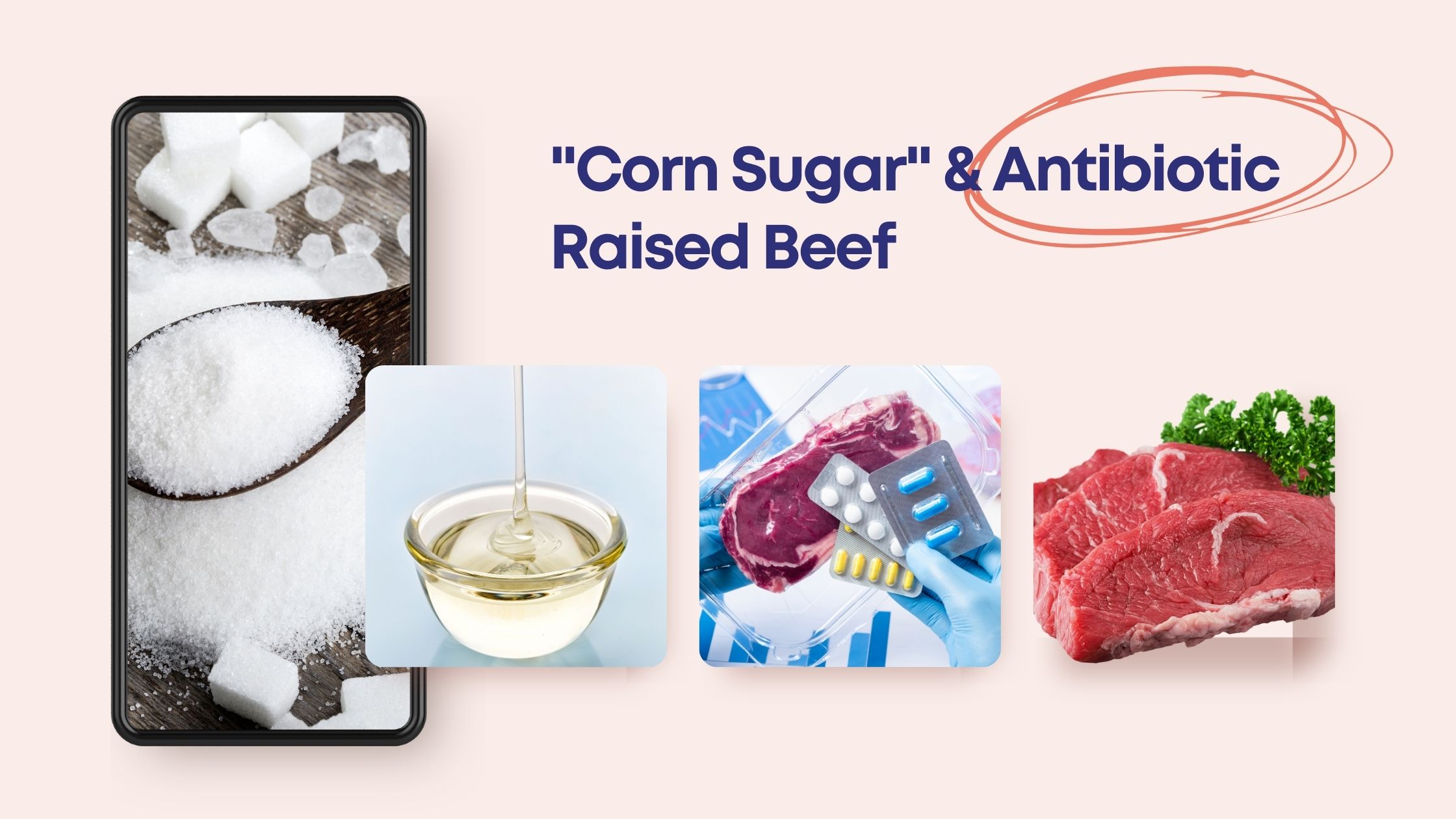
In our ongoing discussion about making careful food and nutritional choices, there are a couple of recent stories worth highlighting: the renaming of high fructose corn syrup to "corn sugar" and the use of antibiotics in beef production. Both of these topics are crucial for understanding the impact of food labeling and agricultural practices on our health and well-being.
Corn Sugar: A Rebranding Effort
What’s Happening?
You may have heard that manufacturers of high fructose corn syrup (HFCS) are petitioning to change its name to "corn sugar." This move has sparked controversy, with critics arguing that it's an attempt to make HFCS sound healthier and more natural than it is. HFCS is a common ingredient in many processed foods, including sugary drinks, desserts, and snacks.
Why the Change?
The rebranding effort aims to improve the public perception of HFCS. Many consumers have become wary of HFCS due to its association with obesity, diabetes, and other health issues. By changing the name to "corn sugar," manufacturers hope to alleviate some of these concerns and make the ingredient more acceptable to health-conscious consumers.
The Science Behind HFCS
Research on HFCS and its effects on the body is still inconclusive. Chemically, HFCS is similar to table sugar in terms of its proportion of fructose to glucose. However, HFCS is often derived from genetically modified (GMO) corn, which adds another layer of concern for some consumers. The key takeaway is that both HFCS and table sugar should be consumed in moderation due to their potential health impacts.
What This Means for You
For conscientious label-readers and those who avoid processed foods, the name change to "corn sugar" is unlikely to cause confusion. It's essential to remain vigilant about reading ingredient labels and making informed choices. Opting for whole, unprocessed foods is always the best strategy for maintaining a healthy diet.
Antibiotic Raised Beef: FDA's Stance and Consumer Choices
Current Situation
Over at BoingBoing, there's a discussion about a potential shift in the FDA's stance on the use of antibiotics in livestock. The FDA is currently encouraging ranchers to voluntarily reduce antibiotic use to medically necessary instances and to involve veterinarians in these decisions. This move is a response to growing concerns about antibiotic resistance and the creation of "superbugs."
Why This Matters
The overuse of antibiotics in livestock is a significant public health concern. It can lead to the development of antibiotic-resistant bacteria, which can transfer to humans through the consumption of meat. These "superbugs" are harder to treat and pose a serious threat to global health.
What Can You Do?
For those concerned about antibiotic use in meat production, looking for grass-fed and organic meats is a wise choice. Grass-fed animals are less likely to be treated with antibiotics, and organic standards prohibit the routine use of antibiotics. Supporting local farmers who use sustainable practices can also be a good way to ensure that your food is raised responsibly.
Making Informed Choices
When it comes to choosing food for your family, it's essential to be informed and proactive. Here are some tips for navigating the grocery store:
- Read Labels Carefully: Look beyond marketing claims and read the ingredient list and nutrition facts.
- Choose Whole Foods: Opt for fresh, unprocessed foods whenever possible.
- Support Sustainable Practices: Purchase from brands and farms that prioritize sustainable and humane practices.
- Educate Yourself: Stay informed about food-related issues and new research findings.
Questions for You
What sort of food choices do you make for your family? Do you have favorite farms or brands that you trust? What tactics do you use to navigate the grocery store and make informed choices?
Conclusion
Understanding the implications of food labeling and agricultural practices is crucial for making informed decisions about what we eat. Whether it's the rebranding of HFCS to "corn sugar" or the reduction of antibiotic use in livestock, staying informed helps us choose healthier options for ourselves and our families.





.jpg)